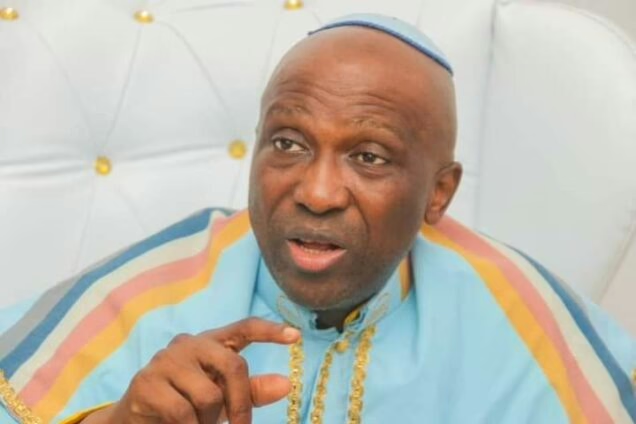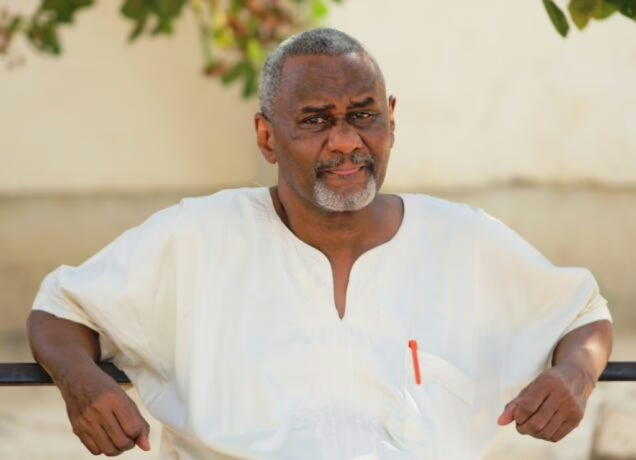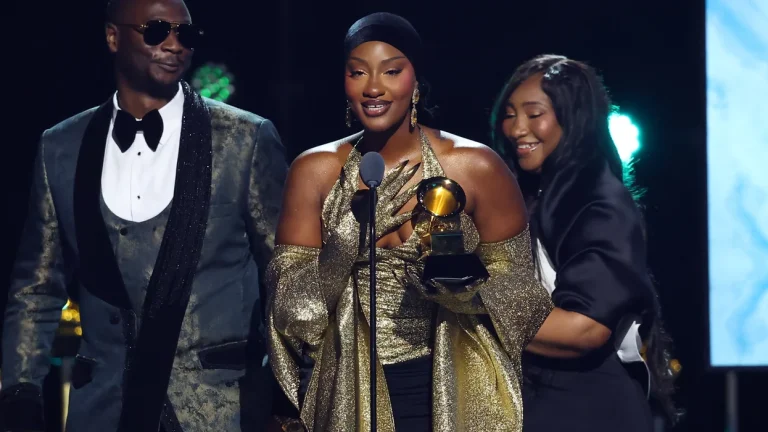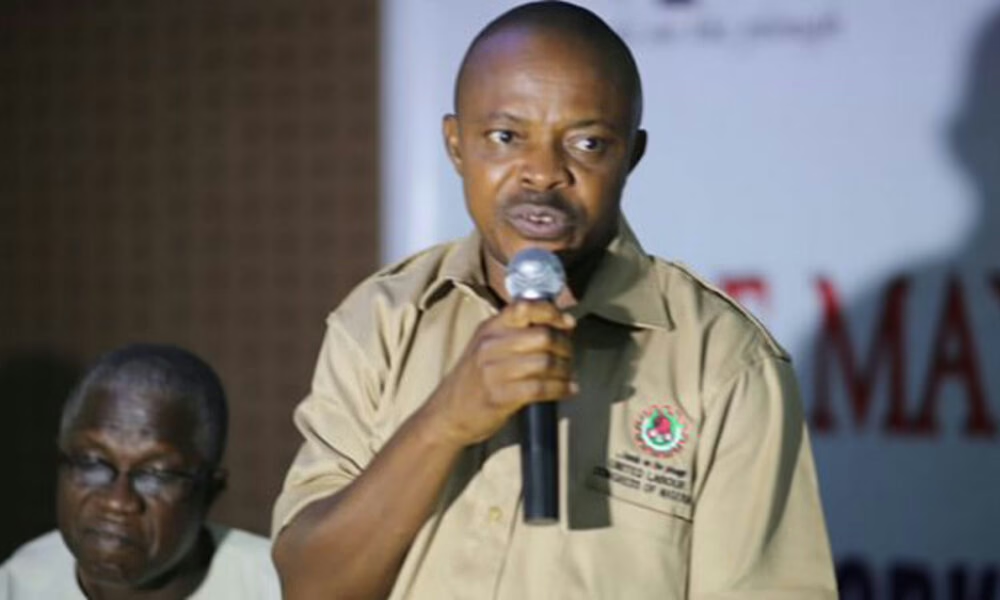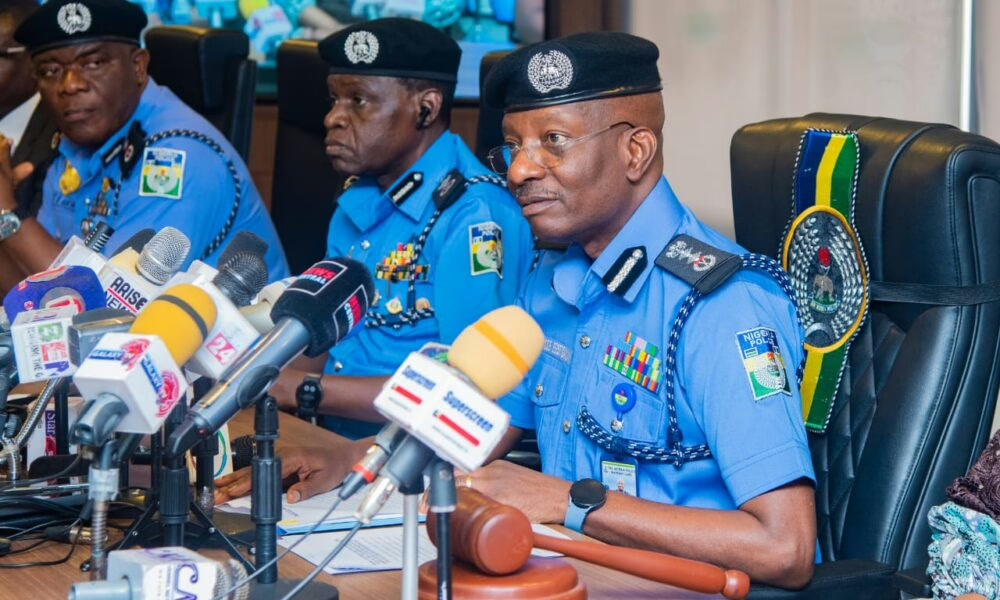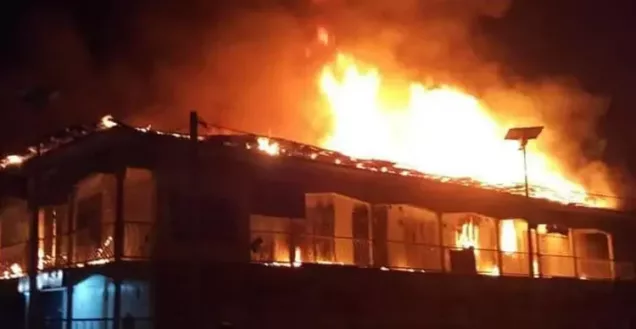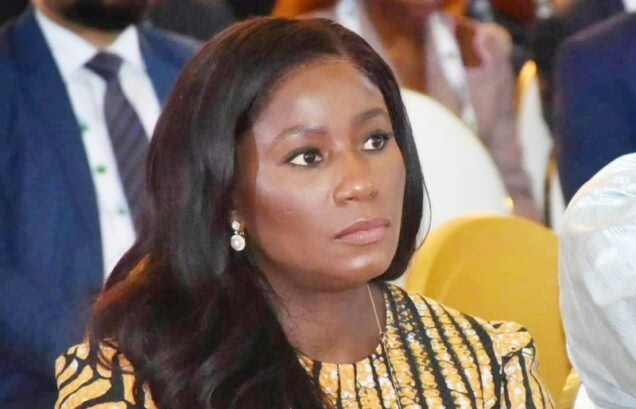By Emma Emeozor
Apparently irked by Russia’s foothold in Africa despite its isolation by Europe and the United States of America due to the Ukraine war, the North Atlantic Treaty Organisation (NATO) has said it was deepening ties with the continent.
It has also expressed worry over terrorism and the activities of Wagner in Africa, a development it said was destabilizing the continent. NATO believes that the Wagner group is a threat to peace, stability and development in Africa.

Though the organization insists that it is not involved in the Russia-Ukraine conflict, it frowned at the disastrous impact the conflict is having on food security in Africa and other developing countries following Russia’s withdrawal from the Black Sea Grain Initiative.
US Permanent Representative to the North Atlantic Treaty Organization, Ambassador Julianne Smith, commented on NATO’s stance on Africa’s affairs in a virtual press briefing held recently by US Africa Regional Media Hub. Smith spoke from Brussels, Belgium.
She believes that African countries are in agreement with the position of NATO. She said: “ So in terms of why Africa would be interested in expanding or deepening any of the existing relationships that individual countries or the African Union has with the NATO Alliance, I think fundamentally it’s quite simple. It takes us to shared security challenges and it takes us to the values that we all treasure and hold dear as outlined in the UN Charter.”
Smith gave two reasons for addressing African audience (journalists) on NATO’s thinking on Africa. First, it was to enable Africans to “know more” about the organization and what it is doing in the interest of the global community even though it is not a “global alliance.”
She said: “But it fundamentally is there and has been established almost 75 years ago to protect our values, and when you get to values, that takes us first and foremost to the principles that one finds in the UN Charter: fairly simplistic values that I think collectively all of the signatories to the UN Charter support and that is territorial integrity, that’s sovereignty, human rights.”
Continuing, she said: “I could go on and on. And I think as the NATO Alliance works with its partners around the world, including its close partners in Africa, it wants to seek out additional ways to strengthen those partnerships so that we can trade experiences and expertise, first and foremost, on how to best protect those values.
The second reason she gave was “terrorism and Russia. “ She explained thus: “Secondly, there are two main threats facing the NATO Alliance, terrorism and Russia, and I think those are topics of interest to our partners across Africa as it relates both to Russia’s activities on the African continent and what Africa, what Russia is doing in Ukraine as it relates to this grain deal.”
As if to drive home her argument, the ambassador said: “And then, of course, on the subject of terrorism, terrorism is something that all of us are grappling with our friends in Africa, but also NATO member states are increasingly looking for ways to deter terrorist attacks, prevent terrorist attacks, respond to terrorist attacks, and we can build off of shared experiences and tools that all of us have created at the national level and share them through these partnerships.
“So in terms of why Africa would be interested in expanding or deepening any of the existing relationships that individual countries or the African Union has with the NATO Alliance, I think fundamentally it’s quite simple. It takes us to shared security challenges and it takes us to the values that we all treasure and hold dear as outlined in the UN Charter.”
Smith also commented on the operation and influence of Russia mercenary, the Wagner group, in Africa. She described the Wagner group as a destabilizing force in the continent. She was quick to make reference to the remarks made by US Secretary of State Antony Blinken that “essentially wherever the Wagner Group shows up, death and destruction often follow.”
Smith stressed that the Wagner group has “tried to intervene in the internal affairs of multiple countries in Africa. It has stoked conflict in multiple destinations. We’ve seen human rights abuses on behalf of or perpetrated by these forces.
“We’ve seen the Wagner Group also obstruct UN peacekeeping missions. And so, the United States is quite concerned, as you might imagine, as are I know many nations around the world, about the presence of Wagner forces.”
She noted that NATO has already moved out with sanctions on the group, designating it “as a transnational criminal organization.” She lamented that the government of Russia has no control over the group. “And the sad reality is that the Kremlin has almost no control over these forces. And so this is a challenge for all of us. I know that NATO Allies are keeping a very close watch on the Wagner forces that are now moving into Belarus. But we are also interested in their activities and very concerned about their activities on the African continent.”
The ambassador expressed NATO’s desire to discuss the Wagner group’s activities or operations with its partners in Africa, pointing out that “it is a very important subject” for NATO. She was particular about how NATO and its African partners “can counter this negative force and prevent it from continuing to destabilize various regions throughout the continent.”
Asked to make known the list of African countries that are in partnership with NATO, Smith said she doesn’t have the specific number, in terms of each individual country and its partnership, with her at the time of the press briefing. But She drew attention to Mauritania’s partnership that was announced last summer.
According to her, NATO’s collaboration is more specifically with the Africa Union (AU). She explained that NATO’s relationship with AU dates back to 2005 and “started quite modestly where we, the Alliance was looking at specific AU requests for logistics and airlift support as it related to its mission in Sudan.
“And since then, the relationship has really evolved, and of course is based first and foremost on mutual respect and reciprocity. And over the years, NATO and the AU, we’ve expressed an interest in looking for other ways to tackle shared security challenges.”
She outlined three areas where NATO was offering a partnership to Africa. “Those are operational support, and that’s requests for air and sea lift in particular. There’s the training piece, where we’ve invited AU officers to attend courses at NATO training seminars, and then there’s more specifically structural assistance, which is, would take the form of support to the Africans’ standby force concept.
“And then we also have a liaison office, NATO does at AU headquarters, which is staffed by a handful of people. I believe we have a senior military liaison office there, officer there, a deputy, and support staff.”
Smith also responded to questions on the security threats in the Horn of Africa from the al-Shabaab and other terrorist groups, and NATO’s anti-terrorism efforts in the region. She was specifically asked if she think Ethiopia should work with the NATO to have a stable and a very peaceful location or geographic place in the Horn of Africa?
In her response, She said that “Ethiopia and the United States outside of NATO channels, of course, have been working closely together on a variety of terrorism-related challenges and threats in the Horn of Africa and that, of course, includes Somalia. And on the subject of Somalia, I did want to mention some important work through NATO’s relationship with the AU, again, coming back to that theme.
“So as many of you might recall, NATO did offer support to the AU mission in Sudan in 2005. And following that support, the AU came back and made another general request in January of ’07 to all of its partners, which includes the NATO Alliance, for both financial and logistical support for its mission in Somalia, AMISOM.
“Now, it came back and made a very specific request in NATO a few months later in the Spring of 2007, and there it specifically requested strategic air lift support for AU members that were willing to deploy in Somalia under that mission. So, about a month later in June, the North Atlantic Council, the NAC agreed to support this request, and NATO support was authorized by late summer that year in August of 2007. Strategic sea lift support was requested then at a later stage and then agreed again in the Fall of 2009.”


